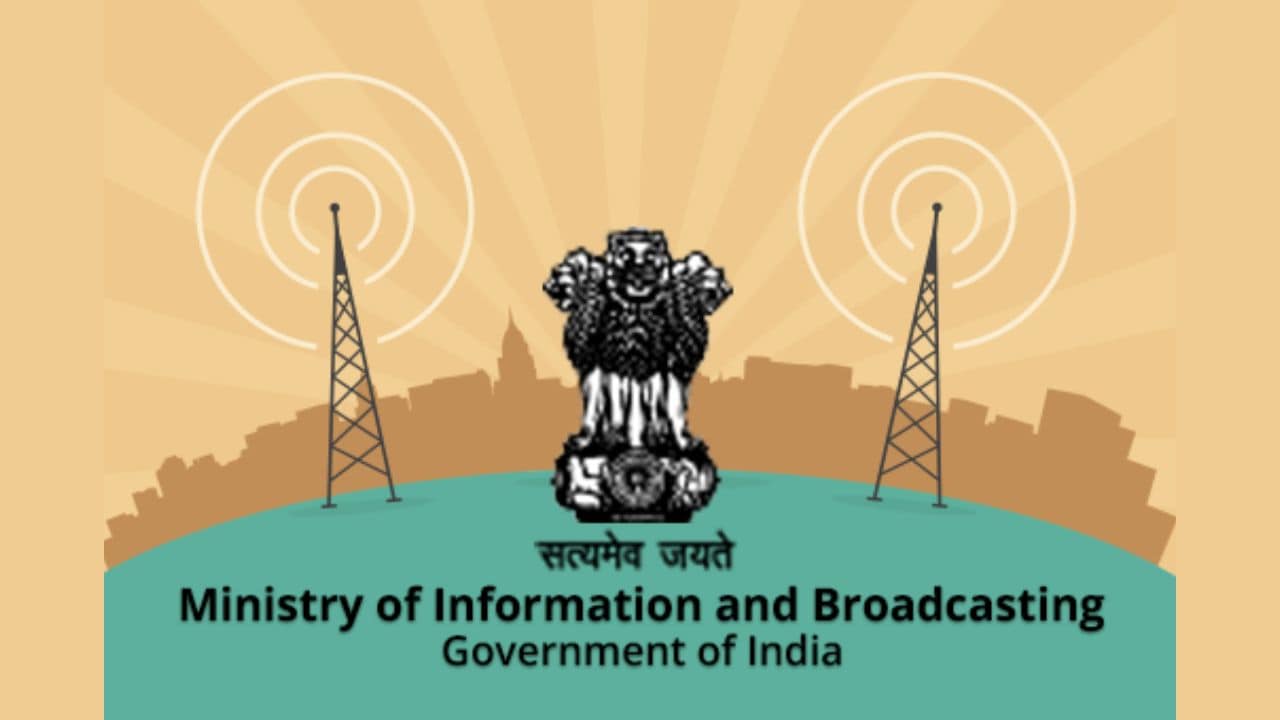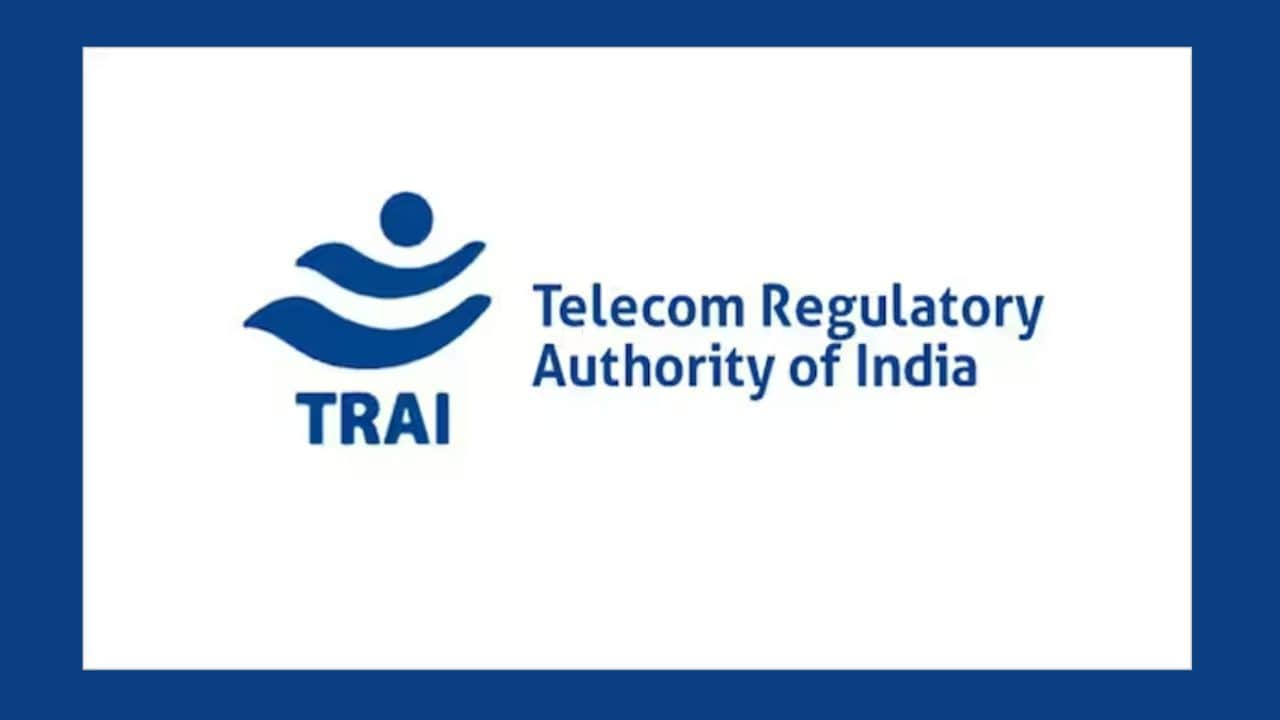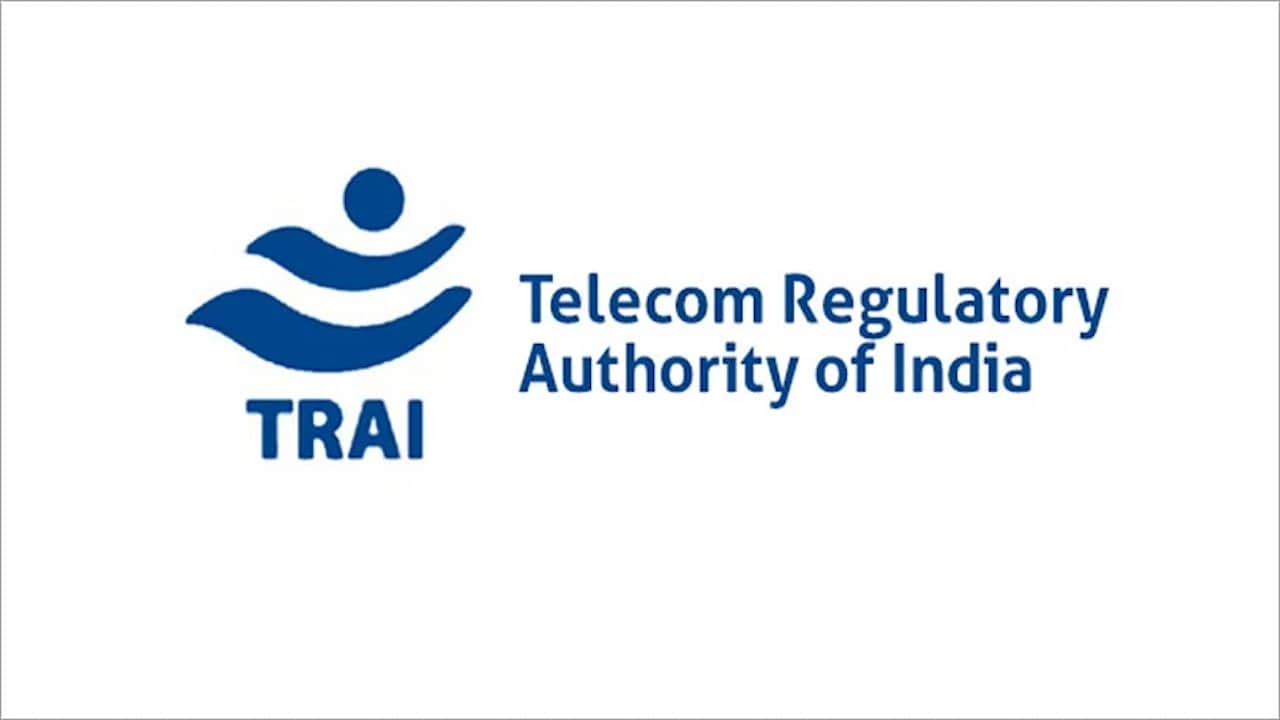Stakeholders have also expressed concern over the heavy compliance burden on OTT platforms. To meet the amendment’s requirements, platforms would need to edit extensive amounts of content.
Tag: TRAI
EXCLUSIVE: MIB refers D2M broadcasting proposal to committee of secretaries
Prasar Bharati, in partnership with IIT Kanpur and Saankhya Labs (Tejas Networks), is currently testing D2M technology in over 19 cities in India.
TRAI releases consultation paper for ground-based broadcasters; seeks comments from stakeholders
As per TRAI, the consultation paper may be accessed on TRAI’s website. Additionally, written comments on the consultation paper are invited from the stakeholders by November 15,2024 while counter comments can be submitted by November 29,2024.
MIB, TRAI put weight behind D2M Broadcasting, says trial in progress
Prasar Bharati, the public service broadcaster in collaboration with IIT Kanpur and Saankhya Labs, is conducting D2M trials using both high-power and low-power transmitters.
MIB to conduct E-auctions for FM Radio Channels, reserve price set at Rs 784.87 Crore
The ministry has now invited applications from prospective bidders who meet the eligibility criteria to submit their applications for auction participation. The deadline for application submission is November 18, 2024.
National Broadcasting Policy 2024: MIB’s call for stakeholders’ inputs met with silence
Organisations like the Indian Broadcasting And Digital Foundation (IBDF), The Media Foundation (TMF) and the National Association of Software and Service Companies (NASSCOM) criticised the inclusion of OTT platforms.
‘Smaller DPOs misrepresent their subscriber base’, says Harit Nagpal, MD and CEO, Tata Play to TRAI
Storyboard18 had first reported about the clash of broadcasters and DPOs as TRAI received mixed feedback on its consultation paper released on August 9.
EXCLUSIVE: Broadcasters and DPOs clash as TRAI receives mixed feedback
With divided industry voices and absence of robust primary data on subscribers and revenue generation, TRAI’s route to prescribe robust regulatory framework is likely to face hurdles affecting growth of the broadcasting sector.
TRAI cracks its whip against pesky callers, sends directives to telecom operators
The decision was taken during a meeting of the telecom regulator with the regulatory heads of all telecom service providers (TSPs).
Breaking: TRAI releases consultation papers on telecommunication services interconnection regulations and DAS audit manual
Stakeholders are invited to submit their written comments on the consultation paper by September 6. Counter-comments, if any, may be submitted by September 20.




